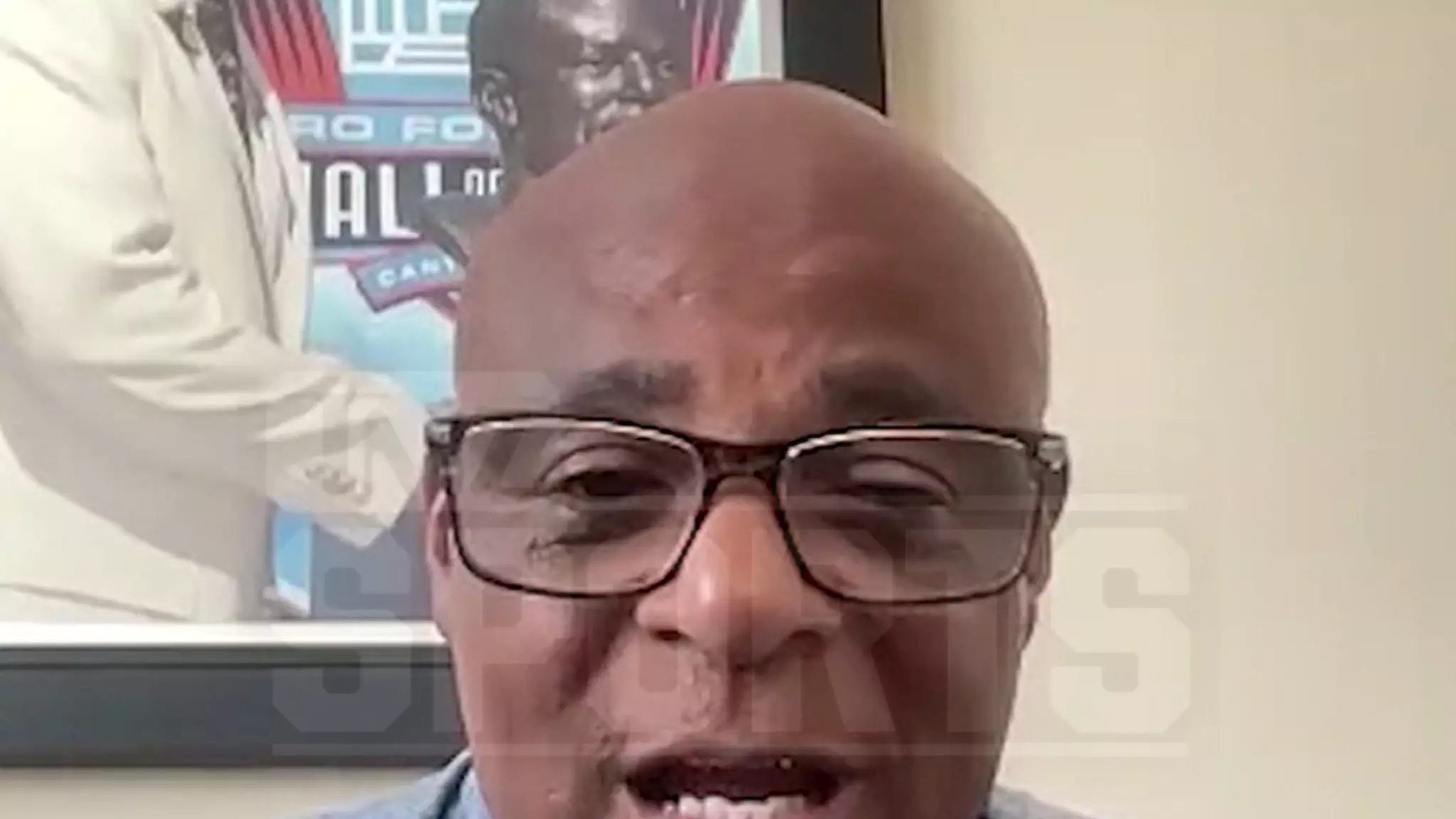In recent weeks, the conversations around player safety in the NFL have intensified, especially concerning concussions. Recent reports about Miami Dolphins quarterback Tua Tagovailoa, who has faced multiple head injuries, drew parallels to the struggles of those who came before him. Among them is Warren Moon, a 67-year-old Hall of Famer, who candidly shared his experiences with concussions during his illustrious career, which spanned from 1984 to 2000.
Moon recalls being diagnosed with concussions on six occasions while excelling as a quarterback across various teams. Despite the alarming frequency of these incidents, he claims that he currently enjoys good health and remains optimistic about his cognitive functions. He stated, “I don’t feel like I’ve lost any memory or anything like that,” implying a sense of relief and fortuity, given the growing concern over long-term impacts from head trauma in professional football.
While Moon projects confidence in his mental acuity, there lingers a palpable anxiety that he admits to feeling upon waking. His transparency in acknowledging the ongoing uncertainty about potential future effects of his concussions resonates with many players and fans alike. This dichotomy—of appearing healthy while grappling with the specter of past injuries—is a narrative that is all too common in the sports realm.
In Moon’s case, regular neurological evaluations form part of the post-career landscape for NFL players. He emphasized the importance of these evaluations, noting he has consistently passed them, which has offered him peace of mind amid the evolving dialogue on player safety. However, it raises an essential question: how many former players are equipped to navigate the complex aftermath of their careers? The sports industry must focus not only on immediate health but also long-term welfare.
The Road Ahead for Tua Tagovailoa
For Tua Tagovailoa, the path forward will undoubtedly be challenging as he contends with the significant decision of whether to continue his career in light of recent injuries. Warren Moon expressed sympathy for Tagovailoa, recognizing the weight of the choices that lie ahead and the importance of taking sufficient time on injured reserve to contemplate his future.
Moon’s optimistic outlook regarding his well-being serves as a testament to the resilience that many athletes must cultivate as they transition from their sporting careers to life afterward. Still, it also highlights the ongoing need for substantial changes within the league to ensure player safety and awareness, especially regarding concussions.
The discussions surrounding Moon, Tagovailoa, and the broader NFL community also highlight the fact that the conversation about concussions is just one facet of player safety. As public awareness grows, it becomes increasingly crucial to address not just immediate injuries but also the emotional and psychological support available to athletes.
The legacies of legendary figures like Warren Moon must continue to inform and shape the landscape of professional sports, ultimately driving the conversation toward progressive change. As these dialogues evolve, it becomes imperative to ensure that players are not only acknowledged for their achievements on the field but also valued for their health and well-being off it.

